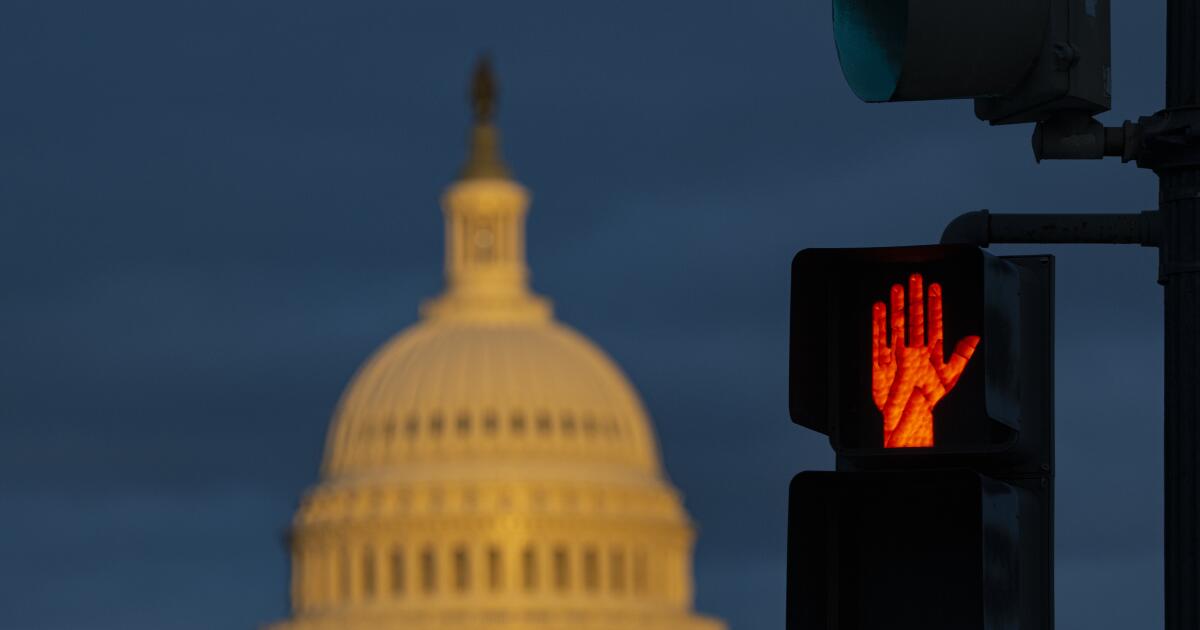Budapest would raise eyebrows given Viktor Orban’s close relationship with Vladimir Putin (Image: Getty)
Switzerland and Hungary would breach their international legal obligations if they hosted Vladimir Putin at a proposed peace summit with Donald Trump and Volodymyr Zelensky in Geneva, a leading international law expert has claimed. Maksym Vishchyk, a legal adviser at Global Rights Compliance, insisted that both states remain bound by the International Criminal Court (ICC) arrest warrant against the Russian president, despite Hungary announcing its withdrawal from the Rome Statute earlier this year.
France’s Emmanuel Macron has said the summit could happen in Europe and proposed Geneva as a location. The White House is reportedly planning for a possible trilateral meeting between the US, Russian, and Ukrainian presidents in the Hungarian capital of Budapest, with the US Secret Service apparently preparing for the event in the Central European nation led by Prime Minister Viktor Orban, a big supporter of Donald Trump – but also a close ally of Putin.
READ MORE: Trump in major U-turn as he says Zelensky-Putin summit ‘better’ without him
READ MORE: Trump drops huge peace deal hint just hours before crunch Zelensky meeting
US President Donald Trump (Image: Getty)
Switzerland has expressed its willingness to host and, according to a senior official in The Hague, intends to ask the ICC to exempt it from sanctions in order to allow Putin to attend. The official, who was not authorised to speak publicly, said the request was being prepared on condition of anonymity.
Putin is wanted by the ICC for the unlawful deportation of Ukrainian children, a charge widely described as emblematic of Russia’s assault on the rules-based order.
As state parties to the Rome Statute, Switzerland and Hungary are obliged to co-operate with the ICC and detain him if he enters their territory.
Mr Vishchyk said: “This duty is not conditioned upon any considerations of political expediency, even for the sake of attempting to secure peace. Not arresting Vladimir Putin on Swiss soil will constitute a blatant violation of Swiss international legal commitments.”
Ukrainian President Volodymyr Zelensky (Image: Getty)
The summit proposal, championed by Donald Trump as part of his plan to force direct negotiations between Kyiv and Moscow, would mark the first face-to-face meeting between Putin and Zelensky since Russia’s full-scale invasion in 2022.
Mr Trump has suggested neutral Switzerland as host, citing Geneva’s tradition of high-level diplomacy.
But critics say allowing Putin into Geneva would strike at the city’s identity as a centre of humanitarian law. Mr Vishchyk said: “By letting a person subject to the ICC’s arrest warrant enter Geneva, Switzerland will effectively mock the city’s name, known as it is for its centrality to international law and legal order. A person responsible for the gravest breaches of the Geneva Conventions cannot be allowed to freely move around Swiss soil in disregard of the arrest warrant.”
Swiss officials are exploring legal options to shield themselves from liability. Draft proposals circulated in Bern would permit temporary immunity for foreign leaders wanted by the ICC if they are attending a peace conference. However, such distinctions have no basis in international law, according to Mr Vishchyk.
Donald Trump greets Volodymyr Zelensky at The White House
He said: “Switzerland is attempting to create a domestic exception to grant immunity to an individual subjected to an international arrest warrant when the purpose of their visit is attending a peace conference, rather than for ‘private reasons’.
“The Rome Statute obligation on removal of immunities is evidently made to apply regardless of any visit’s purpose, no matter if done in an official or private capacity. To claim otherwise is a cheap attempt to create a cover for the violation of international obligations.”
Hungary, which announced its withdrawal from the Rome Statute in April, remains bound by its provisions until April 2026, when the one-year notice period expires. Even then, its obligations during membership cannot be erased, argued Mr Vishchyk.
He said: “In April 2025, Hungary announced its withdrawal from the Rome Statute. However, the withdrawal becomes effective only one year after the date of receipt of the notification by the Secretary-General of the United Nations.
“Before that date, Hungary continues to be a state party bound by the obligation to execute arrest warrants. Moreover, the withdrawal only applies to future events: it does not discharge a state from the obligations under the Rome Statute while it was a party.”
Failure by either Switzerland or Hungary to detain Putin would constitute a breach of international law, Mr Vishchyk added.
The ICC issued its arrest warrant for Putin in March 2023, accusing him of personal responsibility for the transfer of Ukrainian children from occupied areas to Russia. The Kremlin has rejected the Court’s jurisdiction and dismissed the charges as meaningless.
Mr Trump said on Monday he has begun arrangements for a face-to-face meeting between Putin and Mr Zelensky, although the Kremlin has not publicly confirmed such a possibility and no venue was suggested.
Russian foreign minister Sergei Lavrov told a Moscow press conference that Russia is prepared to continue negotiations with Ukraine “in any format.” He said Putin proposed to Mr Trump raising the level of representation in delegations that recently took part in largely fruitless direct talks in Istanbul. A “separate block” of talks, Lavrov added, should focus on political issues alongside military and humanitarian ones.
Ukraine and Western leaders have accused Putin of dragging out peace negotiations in the hope of capturing more land before any settlement.
Separately, the Trump administration on Wednesday announced sanctions again ICC Judges Kimberly Prost (Canada), Judge Nicolas Guillou (France), Deputy Prosecutor Nazhat Shameem Khan (Fiji) and Deputy Prosecutor Mame Mandiaye Niang (Senegal).
An ICC statement condemned the move, saying: “These sanctions are a flagrant attack against the independence of an impartial judicial institution which operates under the mandate from 125 States Parties from all regions. They constitute also an affront against the Court’s States Parties, the rules-based international order and, above all, millions of innocent victims across the world.”




